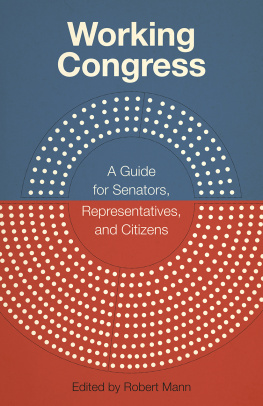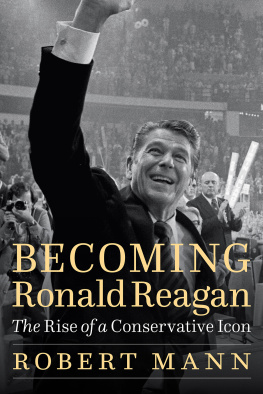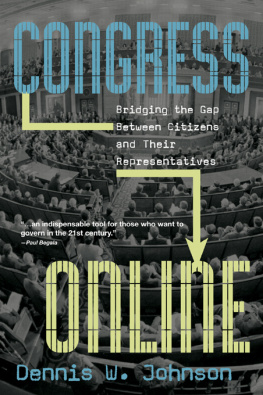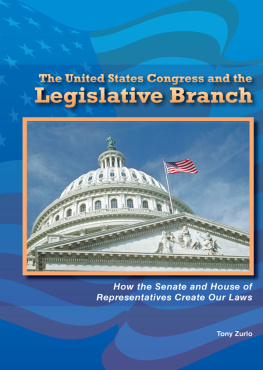Robert Mann - Working Congress: A Guide for Senators, Representatives, and Citizens
Here you can read online Robert Mann - Working Congress: A Guide for Senators, Representatives, and Citizens full text of the book (entire story) in english for free. Download pdf and epub, get meaning, cover and reviews about this ebook. year: 2014, publisher: LSU Press, genre: Politics. Description of the work, (preface) as well as reviews are available. Best literature library LitArk.com created for fans of good reading and offers a wide selection of genres:
Romance novel
Science fiction
Adventure
Detective
Science
History
Home and family
Prose
Art
Politics
Computer
Non-fiction
Religion
Business
Children
Humor
Choose a favorite category and find really read worthwhile books. Enjoy immersion in the world of imagination, feel the emotions of the characters or learn something new for yourself, make an fascinating discovery.
- Book:Working Congress: A Guide for Senators, Representatives, and Citizens
- Author:
- Publisher:LSU Press
- Genre:
- Year:2014
- Rating:5 / 5
- Favourites:Add to favourites
- Your mark:
- 100
- 1
- 2
- 3
- 4
- 5
Working Congress: A Guide for Senators, Representatives, and Citizens: summary, description and annotation
We offer to read an annotation, description, summary or preface (depends on what the author of the book "Working Congress: A Guide for Senators, Representatives, and Citizens" wrote himself). If you haven't found the necessary information about the book — write in the comments, we will try to find it.
Working Congress: A Guide for Senators, Representatives, and Citizens — read online for free the complete book (whole text) full work
Below is the text of the book, divided by pages. System saving the place of the last page read, allows you to conveniently read the book "Working Congress: A Guide for Senators, Representatives, and Citizens" online for free, without having to search again every time where you left off. Put a bookmark, and you can go to the page where you finished reading at any time.
Font size:
Interval:
Bookmark:
Representatives, and Citizens

Louisiana State University Press
Baton Rouge
Copyright 2014 by Louisiana State University Press
All rights reserved
Manufactured in the United States of America
LSU Press Paperback Original
First printing
Typeface: Sentinel
Printer and binder: Maple Press
Working congress : a guide for senators, representatives, and citizens / edited by Robert Mann.
pages cm. (Media and public affairs)
ISBN 978-0-8071-5737-4 (pbk. : alk. paper) ISBN 978-0-8071-5738-1 (pdf) ISBN 978-0-8071-5739-8 (epub) ISBN 978-0-8071-5740-4 (mobi) 1. Political cultureUnited States. 2. Political partiesUnied States. 3. United States. Congress. 4. Partisanship. 5. CourtesyUnited States. 6. Right and left (Political science)United States. I. Title.
JK1726.M37 2015
328.73dc23

Robert Mann
Mickey Edwards
to the Congressional Reform Agenda
Ross K. Baker
A Historical Perspective
Frances E. Lee
Early Twenty-First Century
Brian L. Fife
Civility and Bipartisanship in Congress
Susan Herbst
How Members of Congress Can Stop Shouting and Start Persuading
Mark Kennedy
Font size:
Interval:
Bookmark:
Similar books «Working Congress: A Guide for Senators, Representatives, and Citizens»
Look at similar books to Working Congress: A Guide for Senators, Representatives, and Citizens. We have selected literature similar in name and meaning in the hope of providing readers with more options to find new, interesting, not yet read works.
Discussion, reviews of the book Working Congress: A Guide for Senators, Representatives, and Citizens and just readers' own opinions. Leave your comments, write what you think about the work, its meaning or the main characters. Specify what exactly you liked and what you didn't like, and why you think so.










